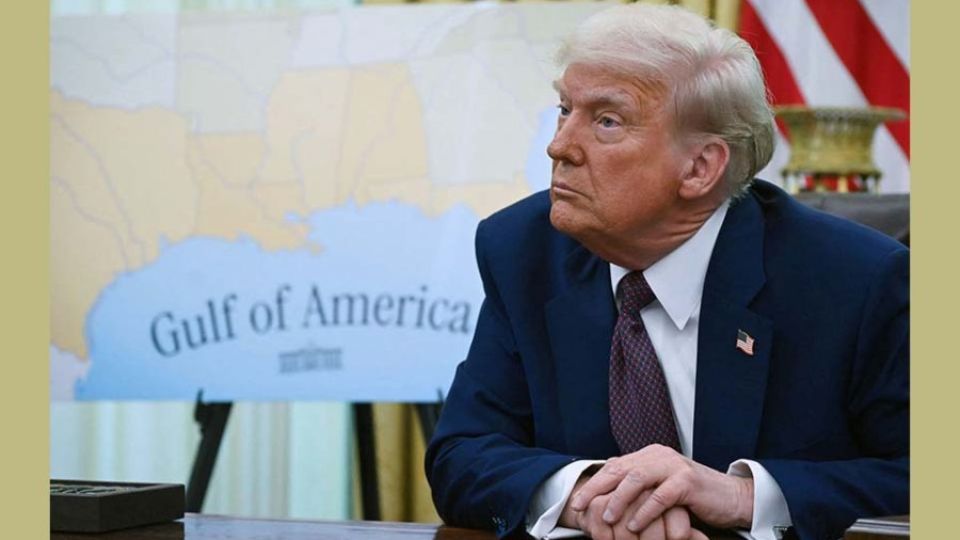February 24, 2025
SEOUL – As US President Donald Trump hints at heavy tariffs on South Korea’s key export items, government officials and business executives are scrambling to seek fresh opportunities and minimize the impact, a move in the right direction amid growing uncertainties.
On Tuesday, Trump told reporters that auto tariffs would be “in the neighborhood of 25 percent,” and that duties on chips and pharmaceutical imports would start at “25 percent or higher.”
Trump said at a forum Wednesday he would announce details on cars, semiconductors and pharmaceuticals “over the next month or sooner.”
Trump recently ordered a 25 percent tariff on all steel and aluminum imports and announced that so-called “reciprocal tariffs” would be imposed on all trading partners, based on the tariffs they charge the US and other trade practices. The move sparked worries about a collapse of the trade rules the US has established through the World Trade Organization.
Although Trump is well known for using overblown threats as negotiating tactics to maximize benefits, some of his more extreme measures are feared to materialize soon in a way that will hurt major trading partners of the US, including South Korea.
In 2024, South Korea’s trade surplus with the US stood at $55.7 billion. The country was also the fourth-largest exporter of steel and aluminum products to the US, which means bigger trouble if the 25 percent tariffs take effect.
Faced with a new wave of potentially damaging trade barriers, South Korea is now racing to prepare countermeasures for heavy duties to be imposed on its crucial export items, especially automobiles and semiconductors.
On Thursday, Trade Minister Cheong In-kyo said in a meeting with research institute chiefs that South Korea has been communicating with the US over Trump’s new tariffs to deal with uncertainties that could affect domestic industrial sectors.
“The government is currently running all communication channels with the US in an effort to help local industries overcome the looming challenges,” Cheong said.
Cheong’s comment came as both the government and local business leaders embarked on trips to the US to explore possible ways to reduce the impact of the reciprocal tariffs with some incentives that could appeal to the Trump administration.
Deputy Trade Minister Park Jong-won is now on a five-day trip to Washington to meet with US government officials from the Department of Commerce and the US Trade Representative, and discuss Trump’s trade policies in connection with Korean industries.
Following Park’s trip, Industry Minister Ahn Duk-geun is expected to make a visit to Washington later this month to meet with high-ranking US officials in charge of trade policy.
On Tuesday, acting President Choi Sang-mok pledged to launch “all-out efforts on trade” and unveiled a record trade finance package valued at 366 trillion won ($253 billion) to support enterprises facing higher tariffs.
South Korea’s business leaders are also taking proactive steps. On Wednesday, a business delegation led by Chey Tae-won, chairman of SK Group and the Korea Chamber of Commerce and Industry, flew to Washington to discuss bilateral economic cooperation and other measures with US political and business leaders to help mitigate the tariff shock. The Korea International Trade Association is also set to visit the US in March and May, while the Federation of Korean Industries is reportedly considering dispatching a delegation to Washington.
The initial efforts by the government and businesses are necessary and timely, but, given Trump’s unpredictable behavior and penchant for weaponizing tariffs, the government must work closely with the private sector and continue to refine a strategy that carefully weighs concessions and gains in negotiations with Washington.


